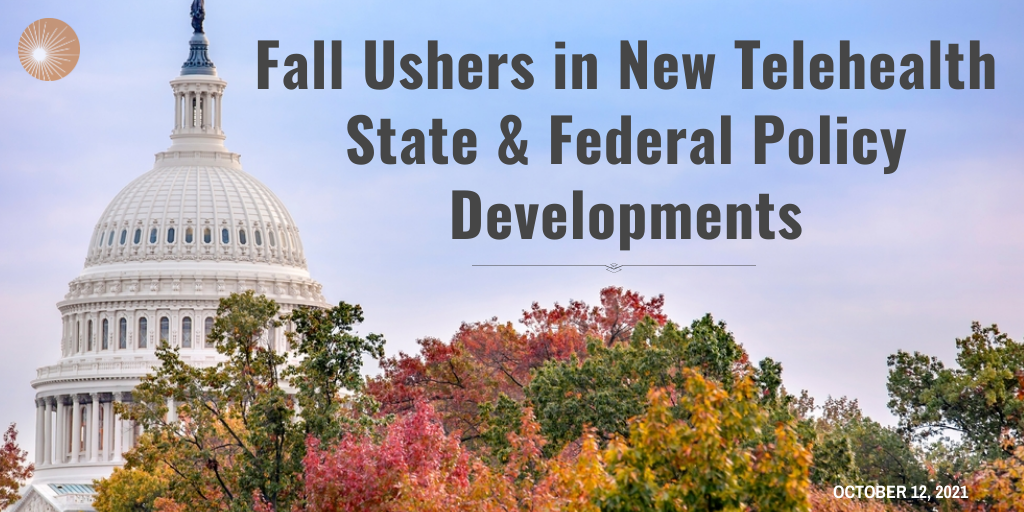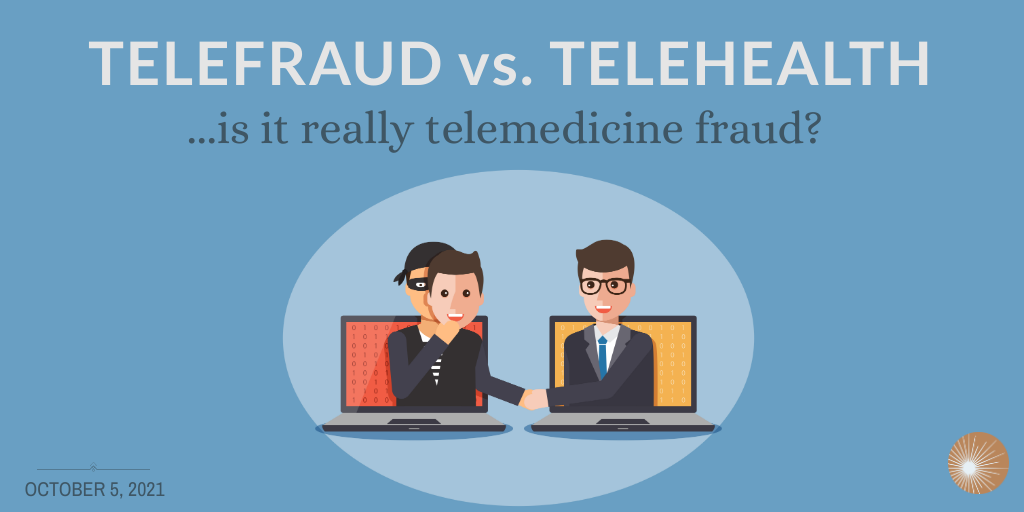California Telehealth Policy Coalition Legislative Briefing: Telehealth Policy for a Post-Pandemic California
The Briefing will provide an overview of the state and national telehealth policy landscape and then get into a facilitated stakeholder panel discussion specific to the future of CA telehealth policy. Questions will largely be focused around audio-only, utilization management, and cost/quality/payment issues, given that is where the current AB 133 Telehealth Advisory Workgroup discussion between DHCS and stakeholders has been focusing as well.


